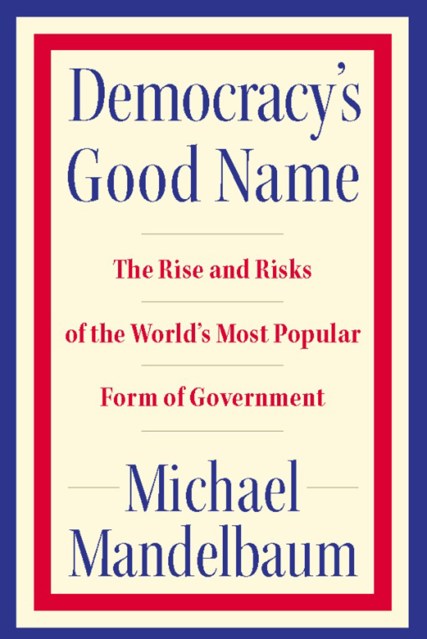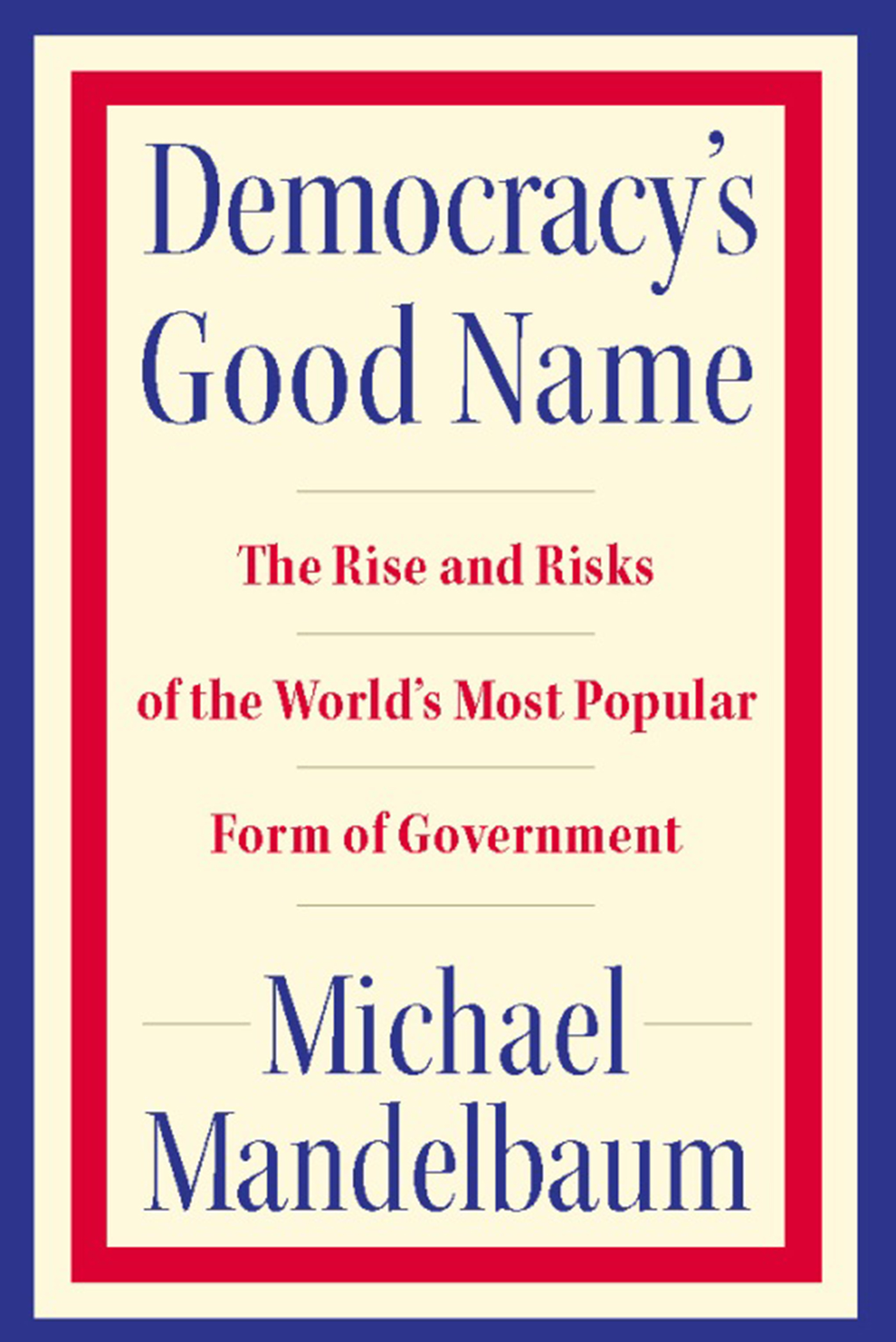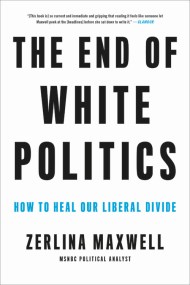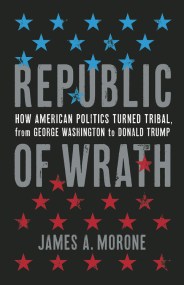Promotion
Use code CYBER2024 for 30% off sitewide + free shipping over $30
By clicking “Accept,” you agree to the use of cookies and similar technologies on your device as set forth in our Cookie Policy and our Privacy Policy. Please note that certain cookies are essential for this website to function properly and do not require user consent to be deployed.
Democracy's Good Name
The Rise and Risks of the World's Most Popular Form of Government
Contributors
Formats and Prices
Price
$9.99Price
$12.99 CADFormat
Format:
ebook $9.99 $12.99 CADThis item is a preorder. Your payment method will be charged immediately, and the product is expected to ship on or around December 7, 2007. This date is subject to change due to shipping delays beyond our control.
Also available from:
How did democracy acquire its good name? Why did it spread so far and so fast? Why do important countries remain undemocratic? And why do efforts to export democracy so often fail and even make conditions worse?
In Democracy’s Good Name, Michael Mandelbaum, one of America’s leading foreign policy thinkers, answers these questions. He surveys the methods and risks of promoting democracy, and analyzes the prospects for the establishment of democratic governments in Russia, China, and the Arab world.
Written in Mandelbaum’s clear and accessible style, Democracy’s Good Name presents a lucid, comprehensive, and surprising account of the history and future of democracy from the American Revolution to the occupation of Iraq.
- On Sale
- Dec 7, 2007
- Page Count
- 336 pages
- Publisher
- PublicAffairs
- ISBN-13
- 9781586486303
Newsletter Signup
By clicking ‘Sign Up,’ I acknowledge that I have read and agree to Hachette Book Group’s Privacy Policy and Terms of Use







